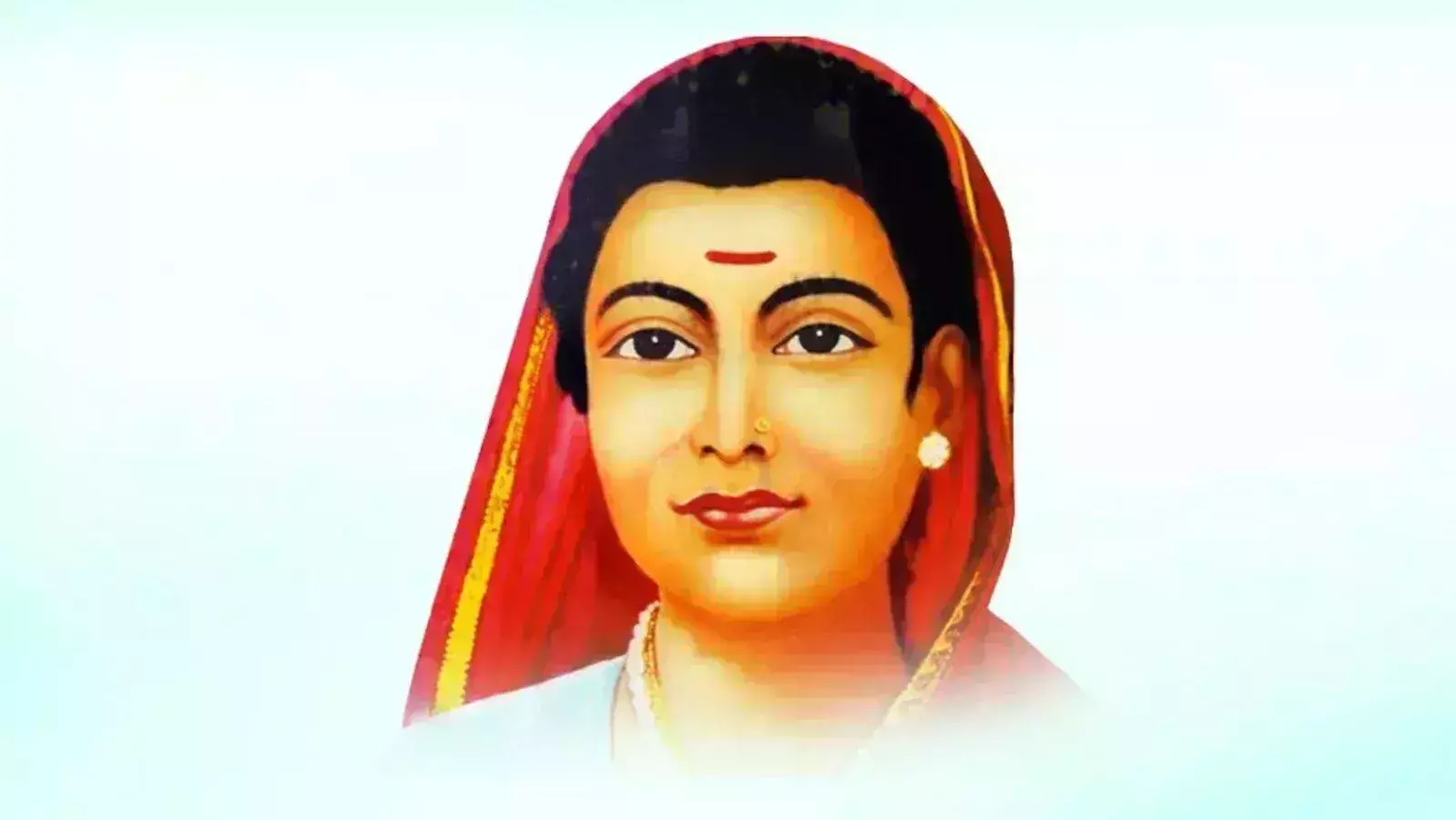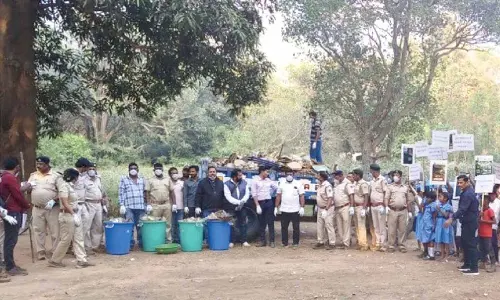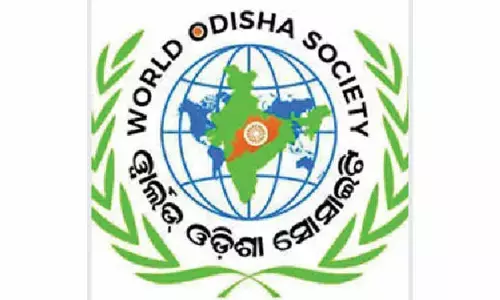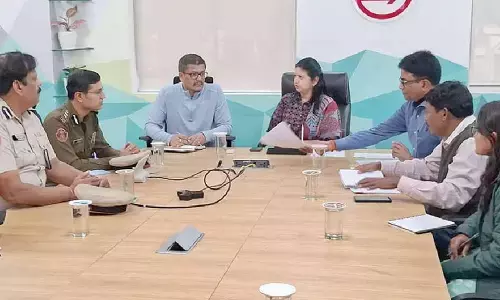Savitribai Phule Death Anniversary: Here's Everything You Need to Know about India's First Female Teacher.

Savitribai Phule Death anniversary:
Today marks the death anniversary of Savitribai Phule, the first woman teacher in India and a remarkable figure in the country's history. She was an Indian social reformer, poet, and educator who passed away on March 10, 1897, after fighting the bubonic plague. Her legacy of courage, resilience, and compassion continues to inspire people as she made significant contributions to the Indian social reform movement and fought for women's rights. As India's first modern feminist, let's take a closer look at who she was and where she came from.
Savitribai Phule Birth:
Savitribai Phule was born on January 3, 1831, in Naigaon, Maharashtra. At the tender age of nine, she got married to Jyotirao Phule, a social reformer and activist. Her husband, being a forward-thinking individual, understood the significance of education and women's empowerment in the battle for social parity.
Savitribai Phule was the first woman in Maharashtra to receive a formal education. She utilized her education to educate and empower women from various backgrounds. She learned to read and write and began teaching girls in Maharwada, Pune, Maharashtra. Sagunabai, who was her husband's mentor, assisted her in teaching girls.
In 1848, Savitribai Phule took a revolutionary step by opening a school for girls in Pune's Bhide Wada. This was a remarkable move as women were not allowed to learn to read and write in the prevailing society. Initially, the school faced opposition and hostility, but Savitribai continued to persevere in her mission to provide education to girls and women. The school's curriculum included subjects such as mathematics, science, and social studies. By 1851, Savitribai and her husband Jyotirao Phule were managing three schools in Pune, and despite societal constraints, they succeeded in educating around 150 girls.
Savitribai Phule made a significant contribution to Indian society by fighting against social injustices such as caste discrimination, child marriage, and the exploitation of women. She used her literary skills to write poetry and prose that shed light on the struggles of women and advocated for social reform. Her powerful speeches and writings inspired numerous individuals and played a pivotal role in the Indian social reform movement.
Savitribai Phule was a strong advocate for women's rights and played a significant role in the fight for suffrage. She fought against dowry and other social evils that hindered women's empowerment.
Savitribai Phule and her husband Jyotirao Phule established the Satyashodhak Samaj in 1873. This organization was dedicated to improving the lives of lower castes and women. Savitribai was also involved with the Indian National Congress and contributed to the freedom struggle.
Savitribai Phule went beyond gender and caste barriers to provide education to marginalized children. She taught children from the downtrodden castes like Mang and Mahar who were considered untouchables. Along with her husband, she established two educational trusts - the Native Female School in Pune and the Society for Promoting the Education of Mahars and Mangs. They also opened up schools for children from different castes, contributing significantly to the education of underprivileged children in India.
Savitribai Phule, along with her husband, received recognition from the British government in 1852 for their contribution towards education. She authored two books comprising her poems. The couple opened a night school for farmers and laborers in 1855. In 1863, they established India's first infanticide prohibition home called Balhatya Pratibandhak Griha, which provided support to pregnant Brahmin widows and rape victims during childbirth. Savitribai organized a barbers' strike in Mumbai and Pune to protest the tradition of shaving the heads of widows.
Savitribai Phule and her husband Jyotirao did not have any biological children, but they adopted a son whom they named Yashwantrao.
Savitribai Phule Death:
Savitribai Phule died on March 10, 1897, at the age of 66 due to the bubonic plague. Her legacy is one of bravery, determination, and kindness.




